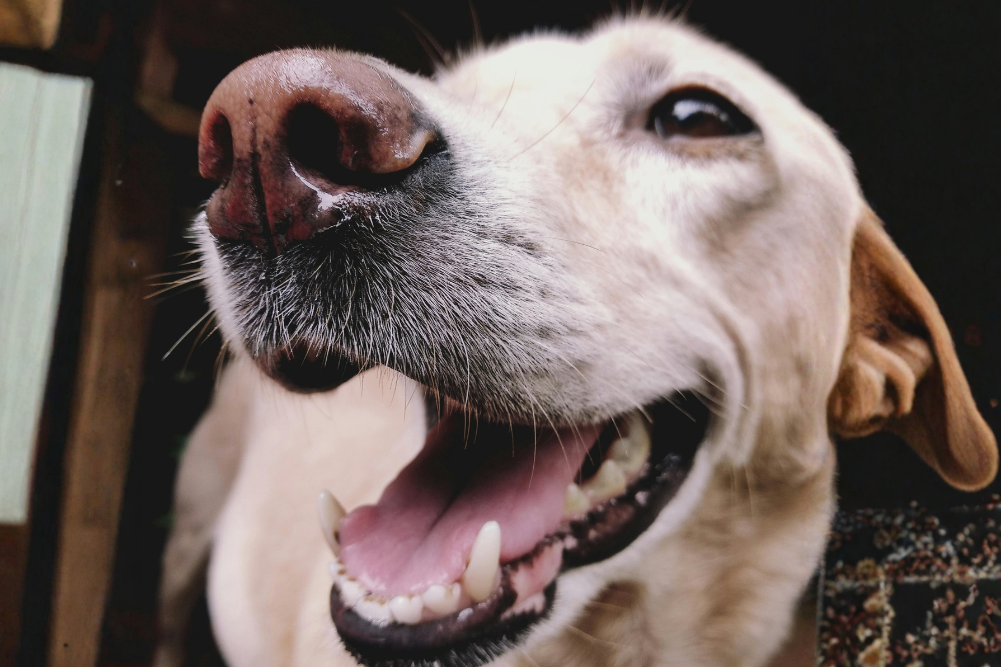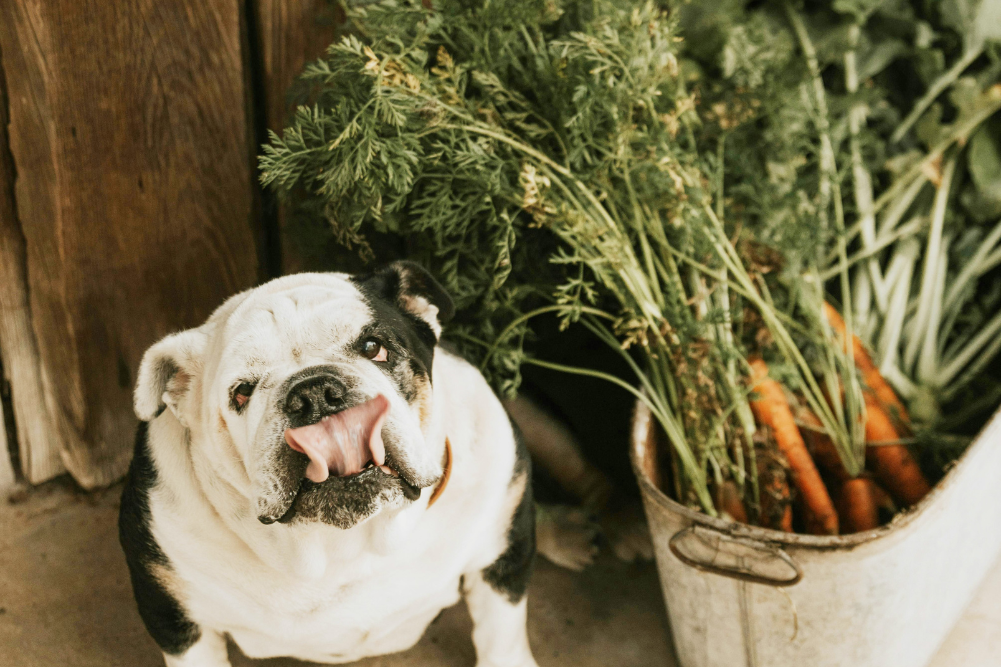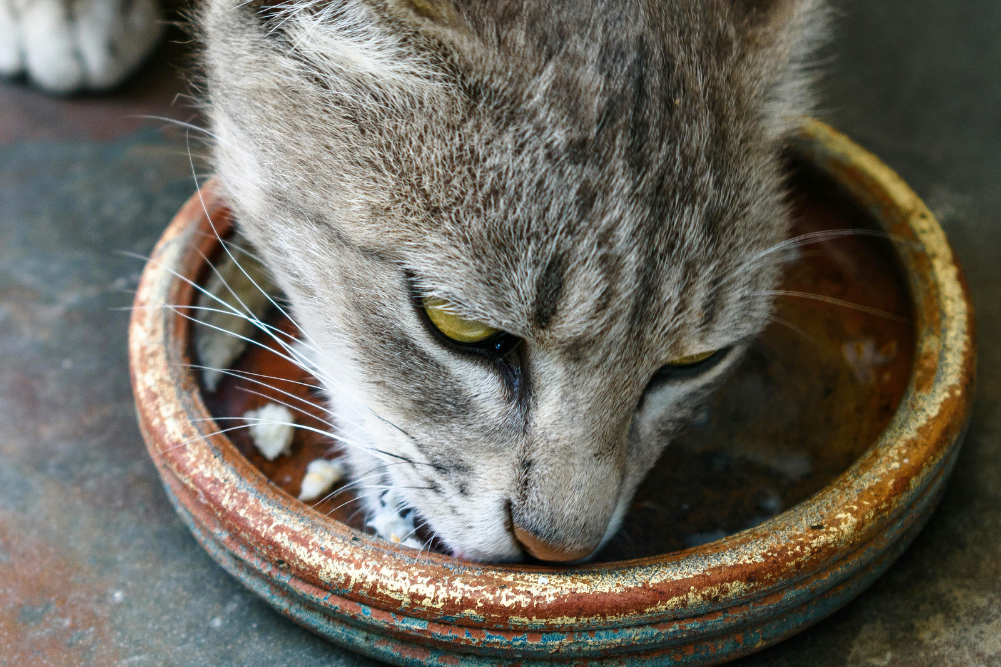Use this diet to prevent illness in your pet
Recent reports from the World Health Organization (WHO) recommend reducing our consumption of processed meat, to reduce the risk for colorectal cancer. Similarly, there are foods we should avoid feeding our pets, to reduce the risk of chronic illnesses.
What you eat, and what your pets eat, is an integral part of wellbeing. Food provides the building blocks of life. Protein for growth maintenance and repair, carbohydrates for energy, fats as an important source of calories, essential fatty acids for absorption of fat-soluble vitamins, vegetables for fibre, vitamins, antioxidants and phytonutrients.
Using a holistic approach to nutrition, there’s a number of strategies to maximise wellness from diet. First, the diet needs to be nutritionally balanced and provide the above components in the correct ratios. We don’t yet know everything about nutritional requirements for dogs and cats. The Association of American Feed Control Officials (AAFCO) has established some guidelines, and these are followed by many pet-food companies.
Species-specific eating
However, there is more to feeding your pets than providing adequate calories and balanced nutrition, and that’s where holistic thinking comes in. We now talk about a species-appropriate diet. This means feeding dogs and cats a diet they are genetically designed to eat. Dogs and cats have a relatively short digestive tract, and teeth designed to tear flesh off bones. Cats are obligate carnivores and dogs have no essential requirement for carbohydrates in their diet.
Many pet foods contain relatively large quantities of wheat, rice, corn or soy. Although these diets may be nutritionally balanced, they may not be ideal for promoting wellness. A sign that the diet is not ideal for your pet may be a tendency to soft stools, flatulence, itchy red or greasy skin, or failure to lose weight despite feeding a reduced-calorie portion.
The most important rule is this: your pet needs to want to eat the food.
Epigenetics is a concept far too complicated to summarise in a few paragraphs, but it helps explain the role that nutrition may have in the development — or not — of chronic illness. The epigenome surrounds DNA and modifies gene expression. It, in turn, can be influenced by signals from the environment, including toxins, infectious disease and diet. Changes in the epigenome may lead the genes associated with cell growth or immunity to switch on or off. So, when you consider the best foods to prevent chronic disease, you want to consider foods that will have beneficial effects on the epigenome.
Beneficial foods may be different for different individuals but there are some foods that are known to be more likely to result in “healthy” outcomes. These include organic dark-green leafy vegetables, cruciferous vegetables and brightly coloured fruits (eg cranberries or blueberries); gluten-free grains; foods that are not genetically modified; good-quality meat that is free of pesticides, antibiotics-heavy metals and hormones; food that is minimally processed; and good-quality essential fatty acids, especially omega-3s. All these foods can be incorporated in a diet for a dog or cat (but cats’ diets should be mainly meat protein).
Food also needs to be presented in a way that promotes easy digestion. Vegetables need to be steamed and chopped, or shredded if raw, because of the shorter gut. Meat can be raw for most dogs and cats, and bones should always be raw.
Balancing the microflora
The microbiome can be thought of as the sum total of all of the microflora that live in and on a host (that is you or I, or our dog or cat). There is still much to learn about the microbiome and its full role in our health, but we do know that allergic individuals have fewer varieties of the good bacteria.
Can the diet you feed your pets support a healthy microbiome? Good-quality probiotic supplements provide a source of good bacteria to address any imbalance in the gut microbiome that may occur after medications, stress, illness or poor diet. Prebiotics (found in Jerusalem artichoke, asparagus, bananas, chicory root and wholegrains) act as food for the healthy bacteria in the gut. You can add some of these to your pet’s diet.
Leaky gut & TCM
If you feed to your dog or cat foods to which they have become sensitive, “leaky gut syndrome” results. Then the protective barrier provided by the gut lining allows stuff that normally doesn’t cross over (like food toxins, bad bacteria, fungi and undigested food) to leak in. Foods like beef, chicken, soy, cow’s milk and corn are common causes of hypersensitivity in dogs. They are also common ingredients in commercial dog and cat foods.
Finally, we can use traditional Chinese medicine (TCM) to identify imbalances and treat them using herbs, acupuncture, lifestyle and diet. In TCM, foods are associated with certain properties, eg lamb is heating and is avoided in syndromes of heat, like many red itchy skin allergies. Lamb liver, however, is a blood tonic and might be useful for dogs with dry skin and mild itch.
Feeding for wellness is challenging and complex, but also rewarding. It’s best done with the help of a holistic veterinarian familiar with the many aspects of nutritional health. However, the most important rule is this: your pet needs to want to eat the food.








